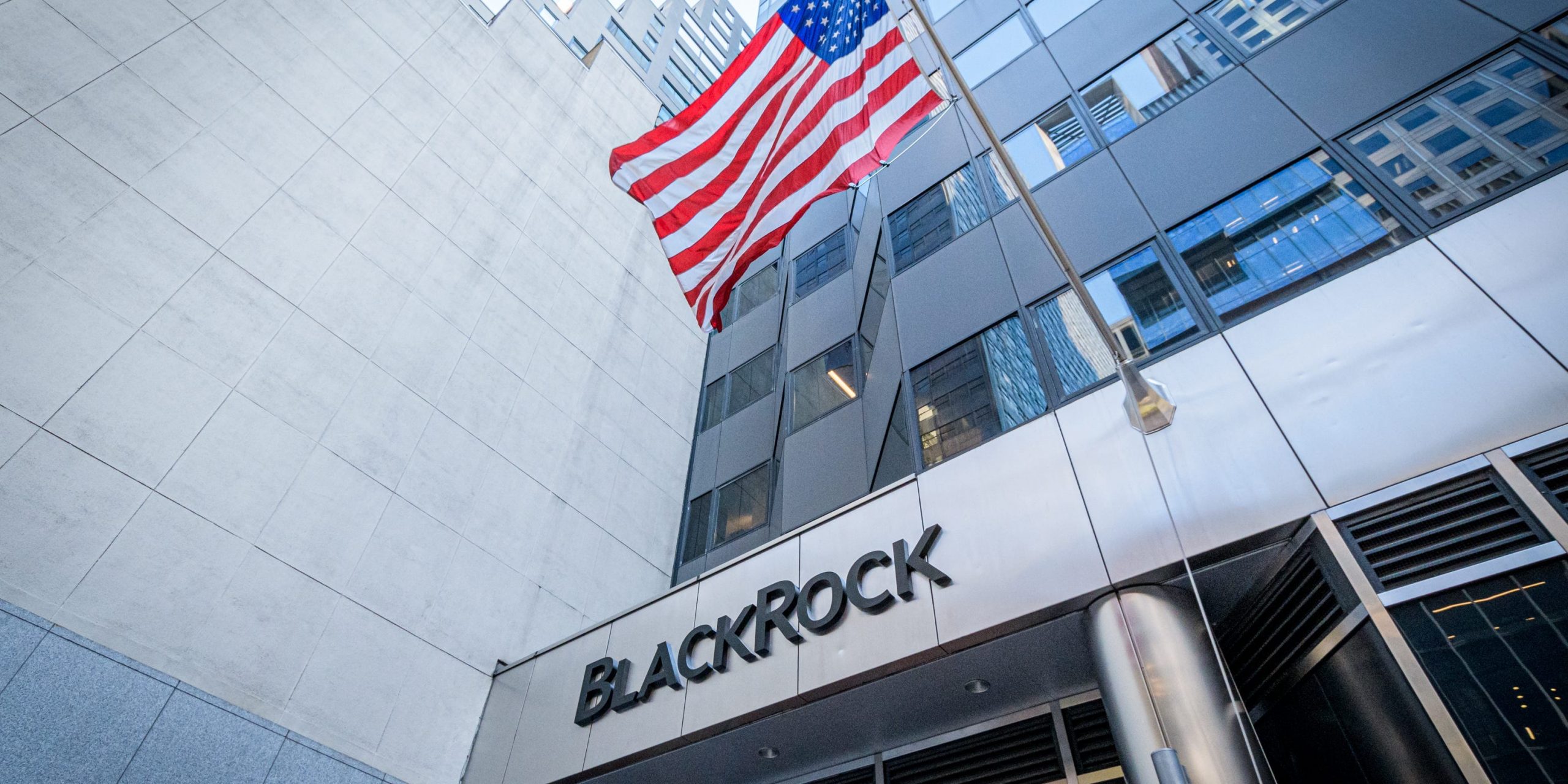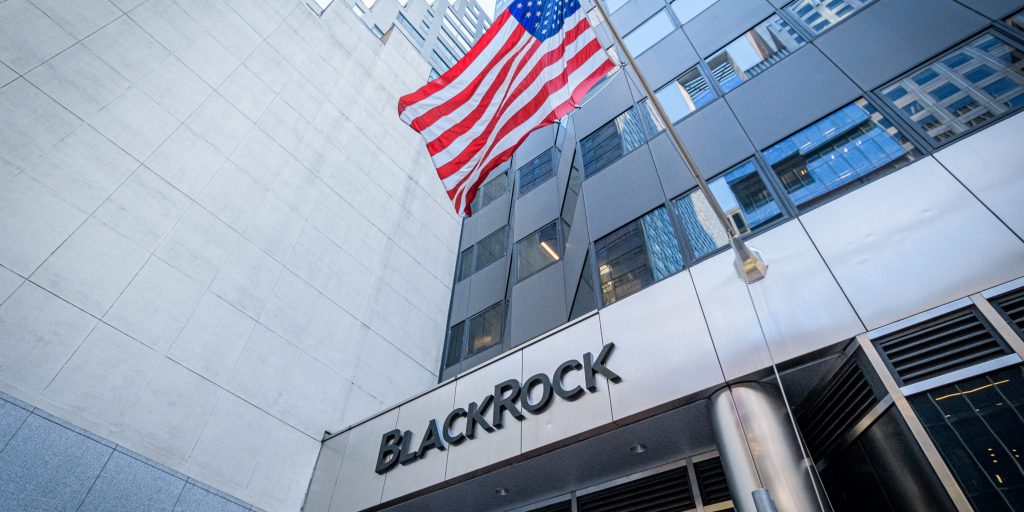
- BlackRock will stop creating new shares of a Russia ETF as the stock tumbles.
- The $10 trillion asset manager also warned investors the fund might not reach its objective.
- Russia's markets remain in shambles as the central bank closed trading again and the ruble is now worth about a penny.
BlackRock said it will stop issuing new shares of an exchange-traded fund tracking Russia stocks as sanctions hit Vladimir Putin's economy.
In a Tuesday statement, the $10 trillion asset manager said the iShares MSCI Russia ETF, which trades under the ticker ERUS, is temporarily suspending the creation of new shares until further notice in light of "significant declines" in the ruble and the liquidity of Russian securities.
BlackRock also cautioned investors that the ETF may not meet its investment objective.
The ETF "may experience increased tracking error, may experience significant premiums or discounts to its net asset value (NAV), and/or have bid-ask spreads wider than its historical average," BlackRock said.
The fund, which aims to track its namesake index, slumped 22% on Tuesday, adding to the stock's 67% decline since the beginning of the year as the Russia and Ukraine conflict continued escalating.
After Russia launched a full-scale invasion of Ukraine last week, the West reacted with sanctions that have crippled the country's currency and its markets. Russia's central bank closed stock trading for a second day to limit the market carnage, and the ruble is now worth about a penny.
Meanwhile, exchanges across the globe have halted trading of Russian stocks. Germany's Deutsche Boerse, one of Europe's major exchanges, suspended trading of all Russian bonds, securities, and related products listed.
The London Stock Exchange, for its part, halted trading of Russia's VTB Bank. In the US, the Nasdaq and New York Stock Exchange implemented a halt of their own, including shares of Yandex, Ozon Holdings, Mobile TeleSystems, and Mechel.











